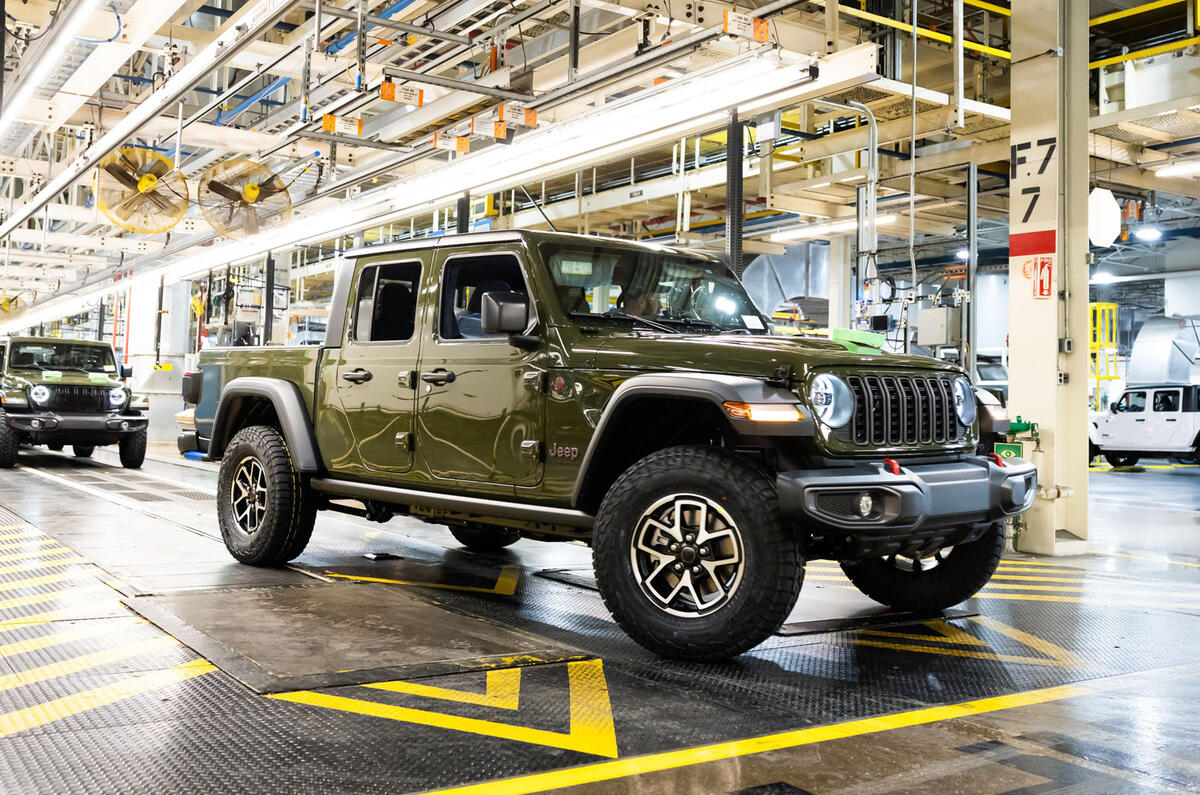Stellantis has opted not to publish a profit forecast for the full 2025-26 financial year, citing the unpredictable impact of the ongoing tariff conflict set off by US president Donald Trump.
Publishing its financial results for the first quarter of 2025, the company said the rapidly evolving situation makes it hard to predict “possible impacts on market volumes and the competitive landscape”.




Add your comment